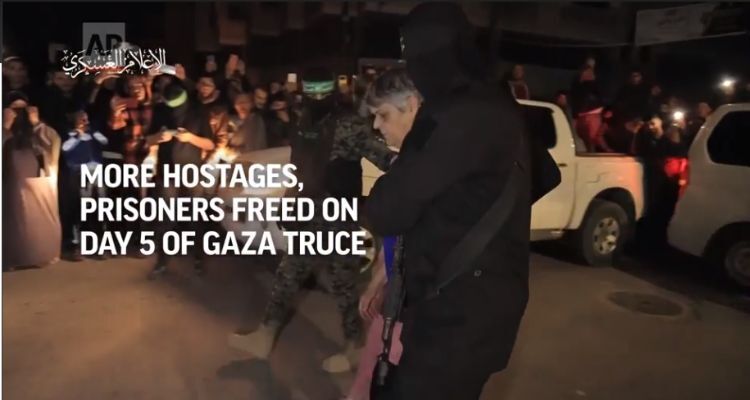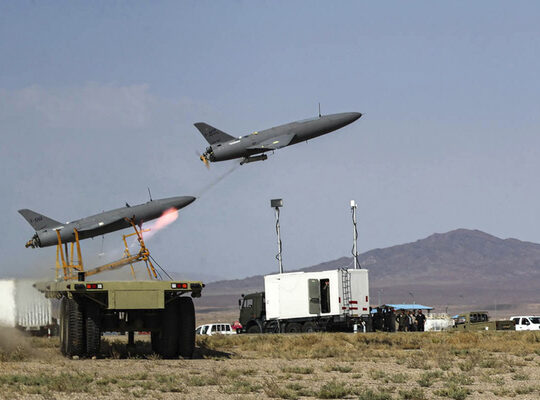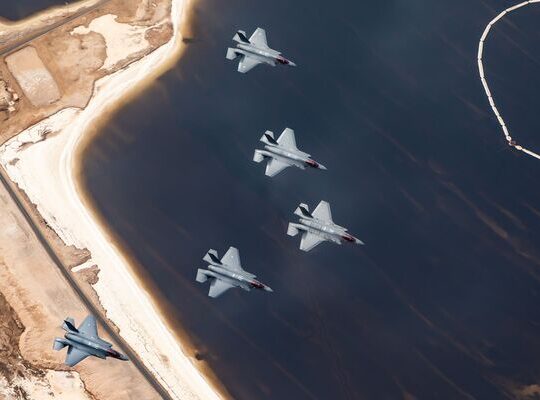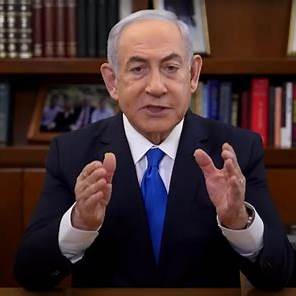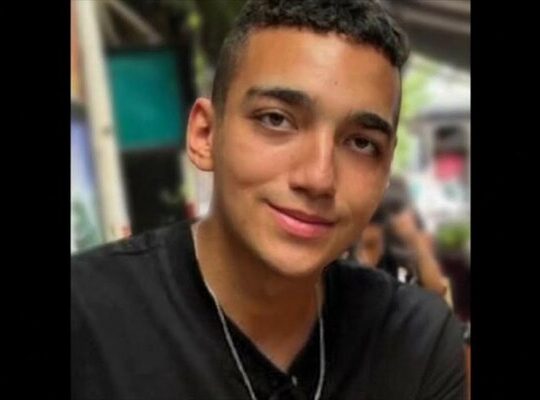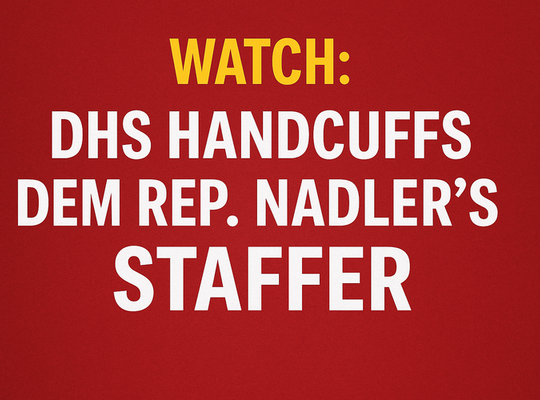In Deir al-Balah, Gaza Strip, international mediators made apparent strides on Wednesday towards extending the truce in Gaza. Their efforts aimed to encourage Hamas militants to continue releasing hostages in exchange for the freedom of Palestinian prisoners and additional relief from Israel’s air and ground offensive. The current ceasefire is set to expire within a day.
Israel has expressed appreciation for the recent release of numerous hostages and has stated its commitment to maintaining the truce as long as Hamas continues the liberation of captives. Nevertheless, Prime Minister Benjamin Netanyahu emphasized on Wednesday that Israel is prepared to resume its campaign to eradicate Hamas. The militant group has governed Gaza for 16 years and orchestrated the attack on Israel that triggered the ongoing conflict.
Netanyahu asserted, “After this phase of returning our abductees is exhausted, will Israel return to fighting? So my answer is an unequivocal yes. There is no way we are not going back to fighting until the end.”
Despite weeks of intense aerial bombardment and a ground invasion that caused extensive damage in Gaza, Hamas appears resilient in its rule. This is evident in its ability to engage in complex negotiations, enforce the ceasefire among other armed groups, and orchestrate the release of hostages. It is speculated that Hamas leaders, including Yehya Sinwar, may have relocated to the south.
The majority of Gaza’s 2.3 million residents are now concentrated in southern Gaza, with around three-quarters of them displaced from their homes. The truce has triggered a frantic rush to obtain supplies for families, although aid remains insufficient. The looming fear for everyone is the potential resumption of hostilities.
International pressure for a lasting ceasefire is intensifying. A potential Israeli ground invasion of the south to pursue Hamas could result in an escalating cost in Palestinian lives and destruction. The United States, Israel’s main ally, has conveyed to the Biden administration that if Israel launches an offensive in the south, it must do so with far greater precision.
Martin Indyk, a former U.S. ambassador to Israel, noted, “How far both sides will be prepared to go in trading hostages and prisoners for the pause is about to be tested, but the pressures and incentives for both to stick with it are at the moment stronger than the incentives to go back to war,” in an article for X.


